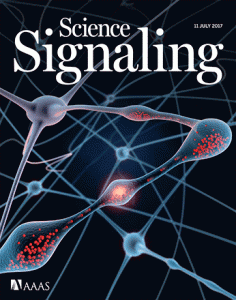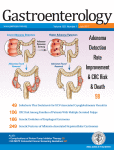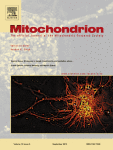 Image duplications and unsupported data continue to plague a network of cancer researchers that includes the former vice chancellor for research at the University of California, Los Angeles, James Economou.
Image duplications and unsupported data continue to plague a network of cancer researchers that includes the former vice chancellor for research at the University of California, Los Angeles, James Economou.
On July 2, the editors at Cancer Research retracted a 2011 paper that Economou published as last author, saying it suffered from image duplication and unsupported figures. This is the second retraction we’re aware of to come out of an investigation by UCLA’s Office of Research Policy and Compliance that has touched this group of scientists.
Here’s the notice for “Molecular Mechanism of MART-1+/A*0201+ Human Melanoma Resistance to Specific CTL-Killing Despite Functional Tumor–CTL Interaction,” which says the retraction comes at the request of UCLA: Continue reading Drip, drip: UCLA investigation finds more image duplications




 A volunteer researcher at Florida Atlantic University fabricated the results of mouse experiments over a 14-day period in June, 2016, according to a
A volunteer researcher at Florida Atlantic University fabricated the results of mouse experiments over a 14-day period in June, 2016, according to a 
 A patient’s “unusual” brain cyst excited several researchers in China so much they published a paper about it in a major journal. Soon a reader identified a glaring mistake: the authors had described the cause of the cyst incorrectly.
A patient’s “unusual” brain cyst excited several researchers in China so much they published a paper about it in a major journal. Soon a reader identified a glaring mistake: the authors had described the cause of the cyst incorrectly.  After
After 